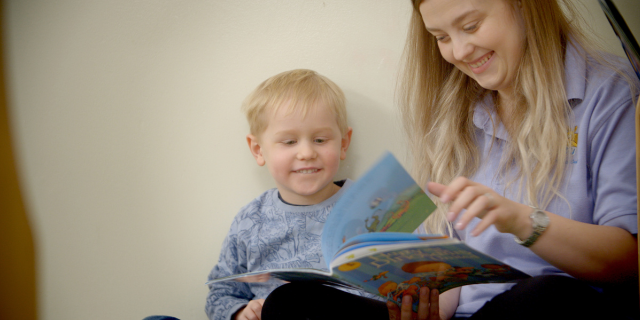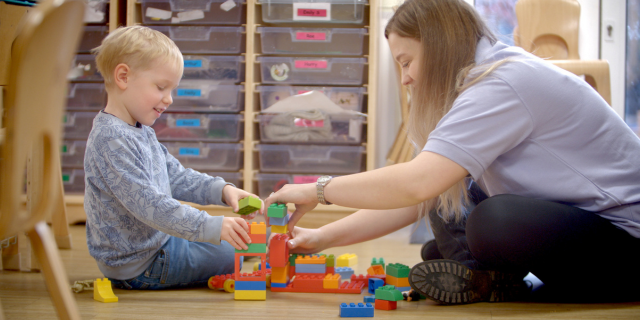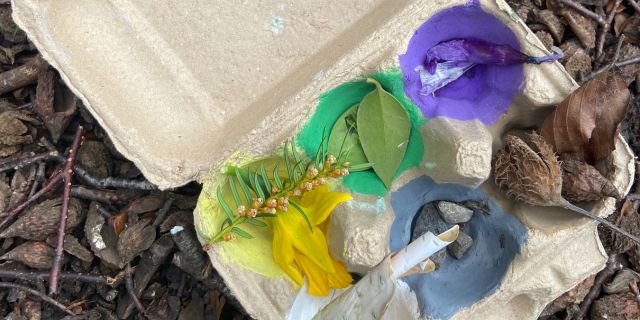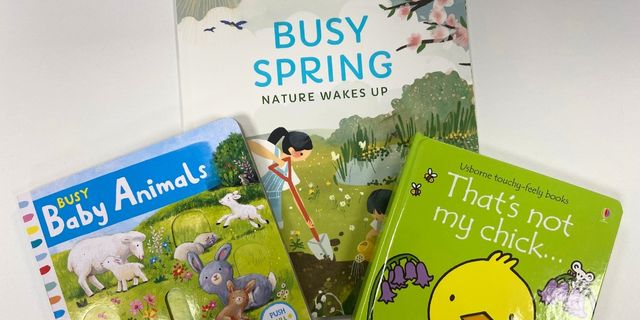Blog
Correct Hand Washing Techniques for Toddlers (and how to get them to WANT to)
Blog
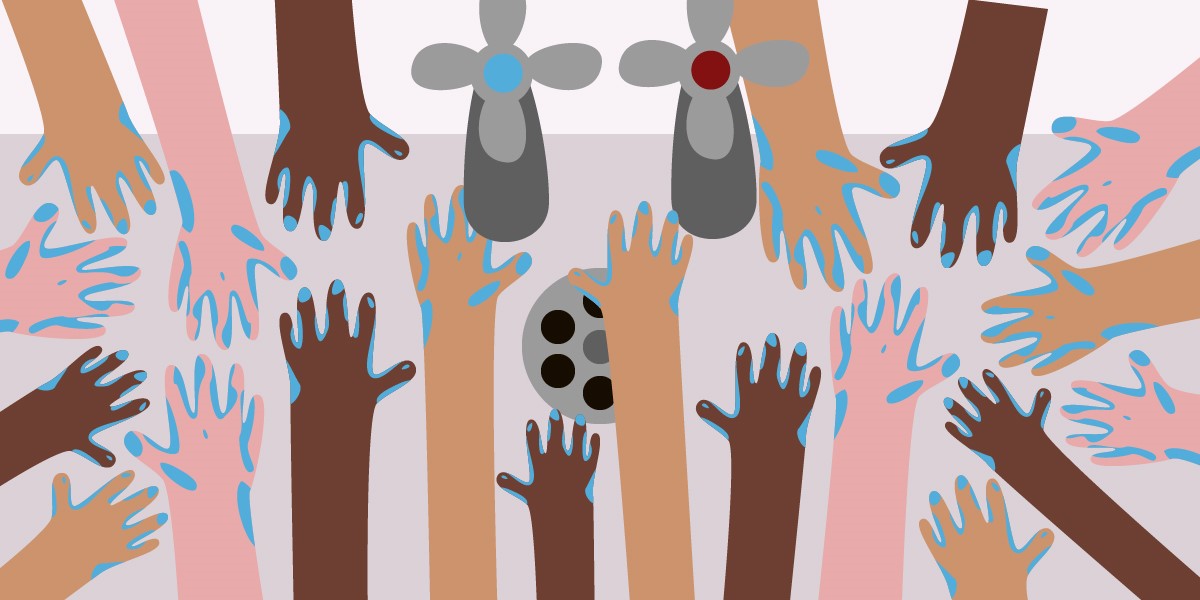
Toddlers explore with their hands and mouths, which means they are constantly picking up germs from their surroundings and helping them make their way into their body.
With viruses able to live on surfaces for up to 28 days in some temperatures, it is imperative that children are taught how to correctly wash their hands to keep them safe from germs.
When it comes to washing away potentially harmful germs a quick splash under the tap isn’t going to cut it. The diagram below highlights the importance of washing your hands for at least 20 seconds, and the same applies to your little one’s hands too.
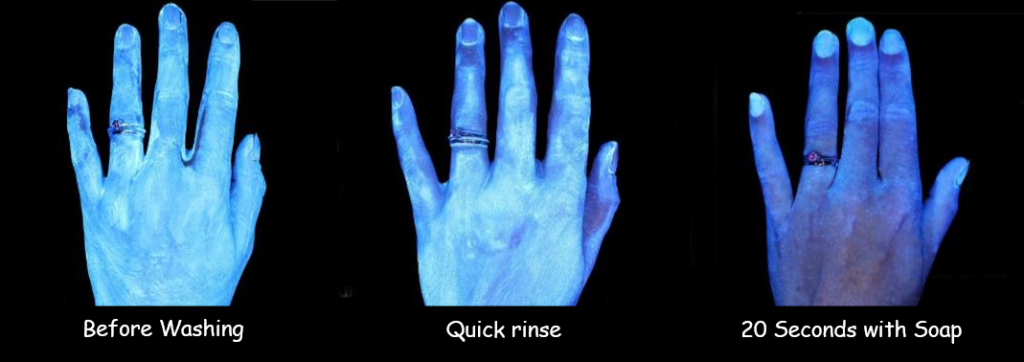
How to Have Happy Clean Hands
- Wet hands with clean warm running water
- Apply a small amount of antibacterial soap
- Rub your palms together, (away from the water) and make bubbles
- Rub your fingers and thumbs and bits in between
- Rub your nails on your palms
- Rub the back of each hand
- Rinse with clean running water
- Dry with a clean towel or paper towel
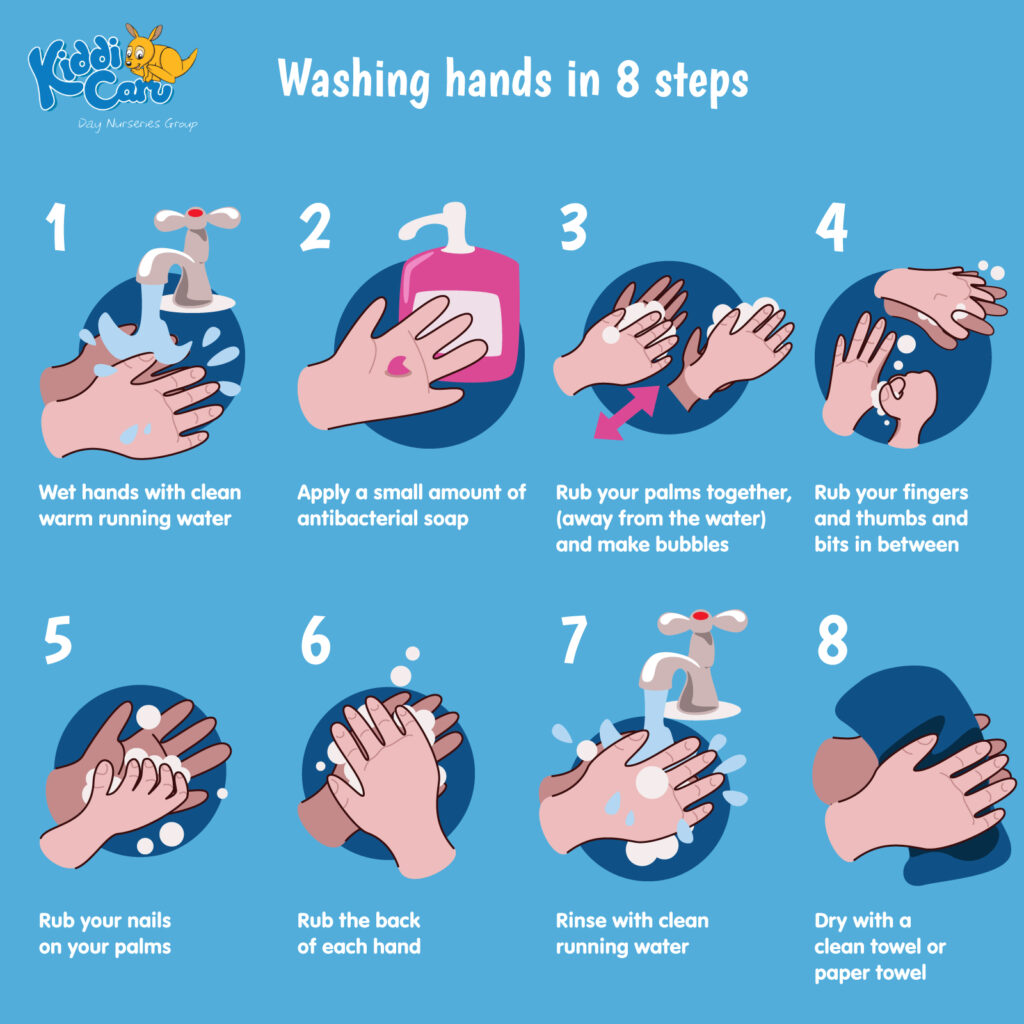
Print a copy of the above and stick it up next to the sink to help your child to master the technique.
20 second songs to sing while washing your hands
The Government recommends singing ‘happy birthday’ twice to help you determine how long 20 seconds is. However, with toddlers this song can cause confusion and potentially the odd tantrum as the song is normally followed by cake and presents.
We have timed some alternative nursery rhymes that when sang at the correct speed are 20 seconds or slightly over.
Row Row Row your boat
Row Row Row your boat
Gently Down the Stream
Merrily, Merrily, Merrily, Merrily
Life is but a dream
Rock, Rock, Rock your boat
Gently to and fro
Splish, Splash, Splish, Splash
Into the water we go
Incy Wincy Spider
The incy wincy spider climbed up the water spout
Down came the rain and washed the spider out
Out came the sunshine and dried up all the rain
So the incy wincy spider climbed up the spout again
Alternatively, you can count to 20 together! This is a great opportunity for your little one to practise their numbers, doing it together and then asking if they can count on their own.
When should my little one be encouraged to wash their hands?
During the current pandemic, there is an increased need to wash our hands after every outing. In shopping trollies, at doctor’s surgeries or being outside in general – germs can be found on most surfaces so there is a current need to up everyone’s hygiene levels for safety reasons.
However, there is no need to over wash hands when there is less of a viral threat – over washing can cause your child to have compulsive cleaning habits or be afraid to do every day activities due to germs.
In usual circumstances, your little one should be asked to wash their hands in the following situations:
- after using the toilet
- before eating or handling food
- after blowing their nose, sneezing or coughing
- before and after playing outside
- after touching animals, including pets and their food
Lastly, little ones learn through imitation and practice. You need to demonstrate good hygiene habits yourself and reinforce them with your child to ensure they get used to knowing how and when to wash their hands.
Tags
Share this article
Related blog/news
Swipe to see our latest articles.
